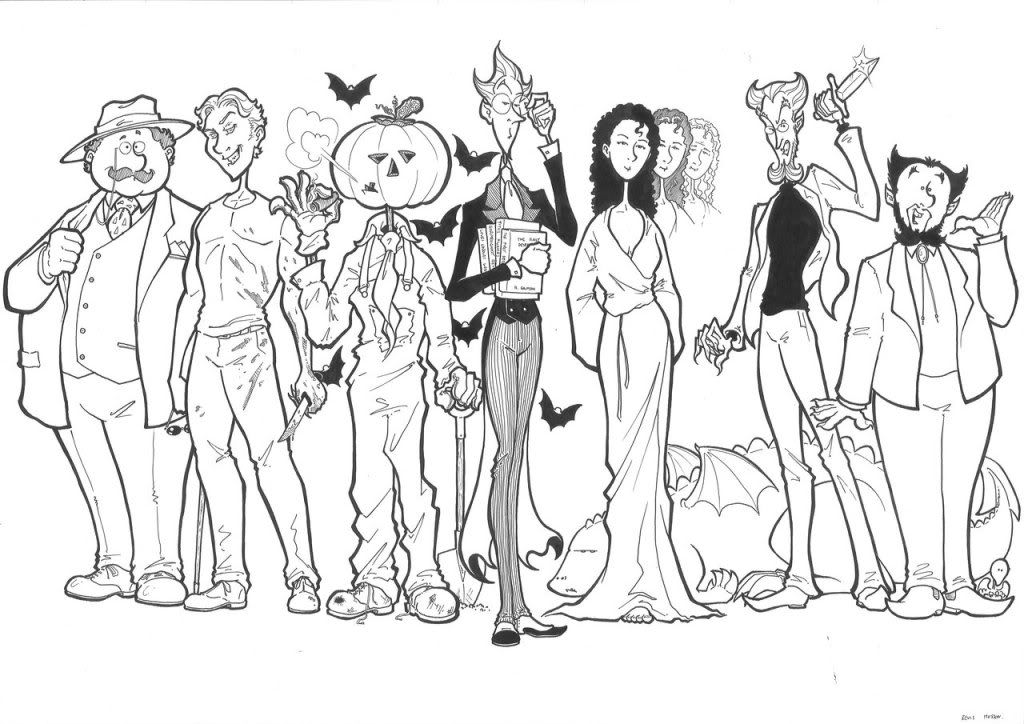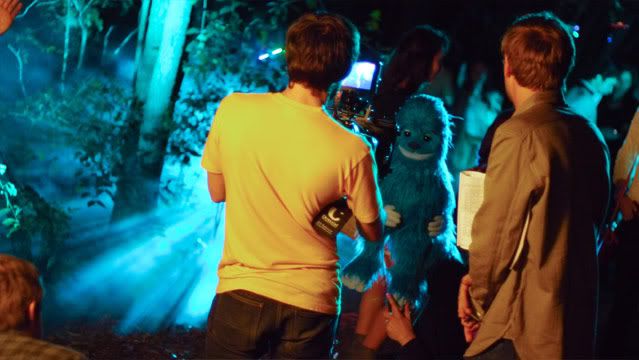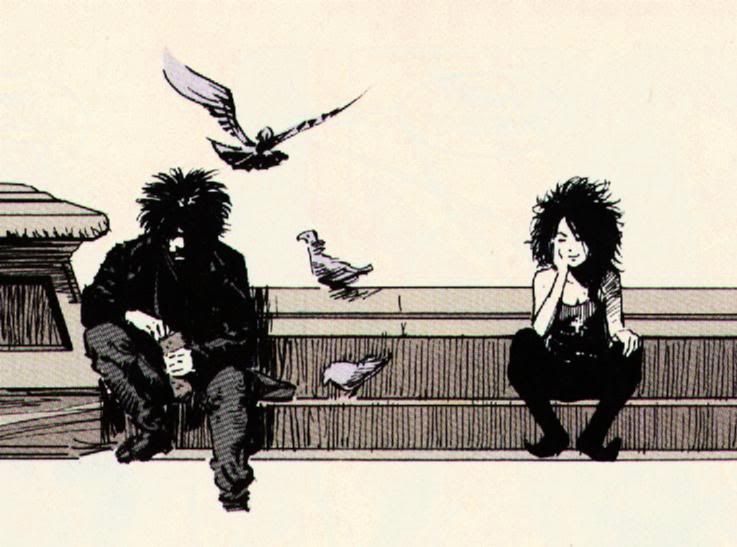
At last, the long-rumored episode that readers never forget, and probably never expect, for that matter.
I think this issue clearly demonstrates how the series has finally found the balance between horror and more subtle commentary. Gaiman understands that psychologically speaking, there is literally nothing more terrifying than a convention of serial killers, and he lets that speak for itself. He portrays them as characters one might see at a nerdy sci-fi convention (and lets be honest, at a certain point in the 80's/90's, and probably until this decade to be honest, admitting to being a sci-fi nerd was just as socially off-putting as admitting to being a serial killer).
But I digress. Back to the horror vs. subtle-goings-on thread. On first read, Gilbert's recounting of the Red Riding Hood story seems very much balanced to the former. But of course it's foreshadowing: like the fairytale girl, Rose is looking to visit a family member, only to find said person kidnapped by a killer. The link is further strengthened by their names: Rose and Red.
I'm pretty sure this is the first issue to be entirely contained within one setting, namely the Empire Hotel (please correct me if I'm wrong, but at the very least, there are usually scenes of Dream zipping about through dreams). So when Morpheus finally appears, he enters the scene like electricity; his presence is immediately felt. Even the Corinthian can't maintain his punny facade for long.
And of course, by revealing the truth of their actions to themselves, Morpheus deprives the killers of the only thing that justifies their actions: their delusions. He proves, yet again, that the worst punishment is neither incarceration nor death: it's the absence of things to look forward to, the absence of hope, the very absence of dreams [delusions in this case].
Next week: Things become very, very strange.





